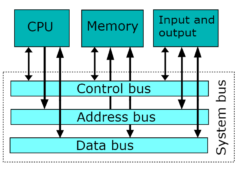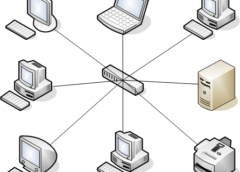
Reported Speech also called Indirect Speech or indirect discourse is a means of expressing the content of statements, questions or other utterances, without quoting them explicitly as is done in direct speech. It is used to communicate what someone else said, think or believe but without using the exact words. A few changes are necessary; often a pronoun has to be changed and the verb is usually moved back a tense, where possible.
For example, He said “I’m coming” is direct speech, whereas He said he was coming is indirect speech.
Reported speech is usually used to talk about the past, so we normally change the tense of the words spoken. We use reporting verbs like “say“, “tell“, “ask“, and we may use the word “that” to introduce the reported words. Reported speech doesn’t use quotation marks to enclose what the person said.
For example:
Direct speech:
– “I’m going to the English course”, he said.
Reported speech:
– He said that he was going to the English course.
When reporting questions, it is especially important to pay attention to sentence order. When reporting yes/ no questions connect the reported question using “if”. When reporting questions using question words (why, where, when, etc.) use the question word.
He asked, “Do you want to come with me to Ireland?”
* He asked me if I wanted to come with him to Ireland.
Peter asked, “Where did you go last summer?”
* Dave asked me where I had gone the previous summer.
The tenses generally move backwards in this way (Backshift of tenses)
| FROM | TO |
| Simple tense | Simple past |
| Simple past tense |
Past perfect |
| Simple perfect | |
| Past perfect | |
|
Progressive forms |
|
| am/are/ is | was/were |
| was/ were |
Had been |
| Has been | |
| Have been | |
| Had been | |
| TENSE | DIRECT SPEECH | INDIRECT SPEECH |
|
present simple |
She said, “I like ice cream.’ |
She said that she like ice cream. |
| Present continuous | ” I am living in London “ | She said that she was living in London. |
| Past simple | ” I bought a car | She said that she bought a car. |
| Past continuous | ” I was milking in the morning “ | She said that had been milking in the morning. |
| Present perfect | “She has completed her work” | He said that she had completed her work. |
| Past perfect | ” They had broken the glass” | She said that they had broken the glass. |
| Will | ” He will give you the report’ | He said he would give you report. |
| Would | ” I would help later “ | She said she would help me later. |
| Can | ” I can speak English” | She said she could speak English. |
| Could | “I could ride a bicycle when I was three.” | He said he could ride a bicycle when he was three. |
| Shall | ” We shall eat later” | They said they would eat later. |
| Should | “I should work hard” | She said that she should work hard. |
| Might | ” I might be late “ | He said he might be late. |
| Must | ” I must study everyday” | She said she must study everyday/ She said she had to study everyday day. |
Doesn’t change
Occasionally, we don’t need to change the present tense into the past if the information in direct speech is still true (but this is only for things which are general facts, and even then usually we like to change the tense):
Direct speech: “The sky is blue”
Reported speech: She said that the sky is/was blue
![]()




![[LINKTREE] 2024 PAST PAPERS , NOTES ,RESOURCE,REVISION,EXAMINATIONS](https://www.blog.nestict.com/wp-content/uploads/2024/10/SCHM.jpeg)


![Maritime Terms, Abbreviations and Acronyms [Shipping Terms – Searchable]](https://www.blog.nestict.com/wp-content/uploads/2024/09/Container-Stowage-Stock-Illustrations-–-71-Container-Stowage-Stock-Illustrations-Vectors-Clipart-Dreamstime.jpg)
![Maritime Terms, Abbreviations and Acronyms [ Shipping Terms]](https://www.blog.nestict.com/wp-content/uploads/2024/09/image.png)





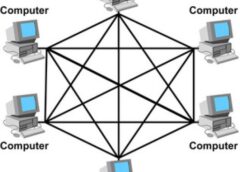

![[Explainer]: NVMe storage, SSD (SATA SSD), and HDD](https://www.blog.nestict.com/wp-content/uploads/2024/08/Laptops-are-available-with-SSDs-and-HDDs.png)
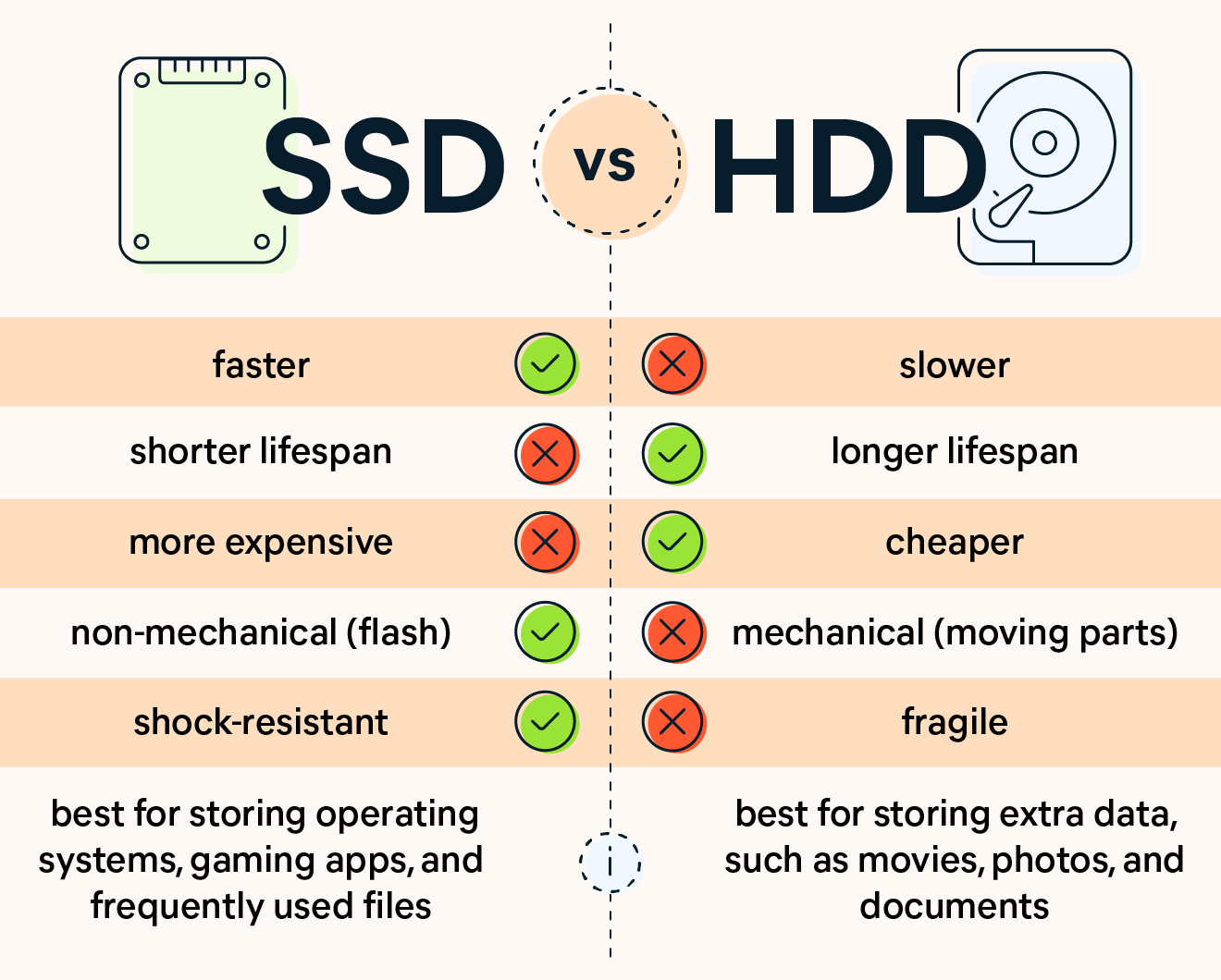
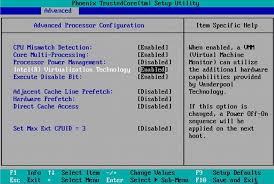
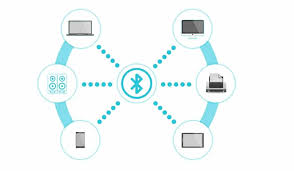

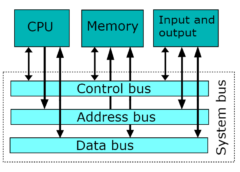

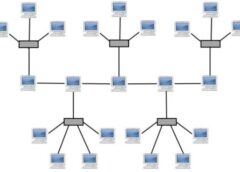


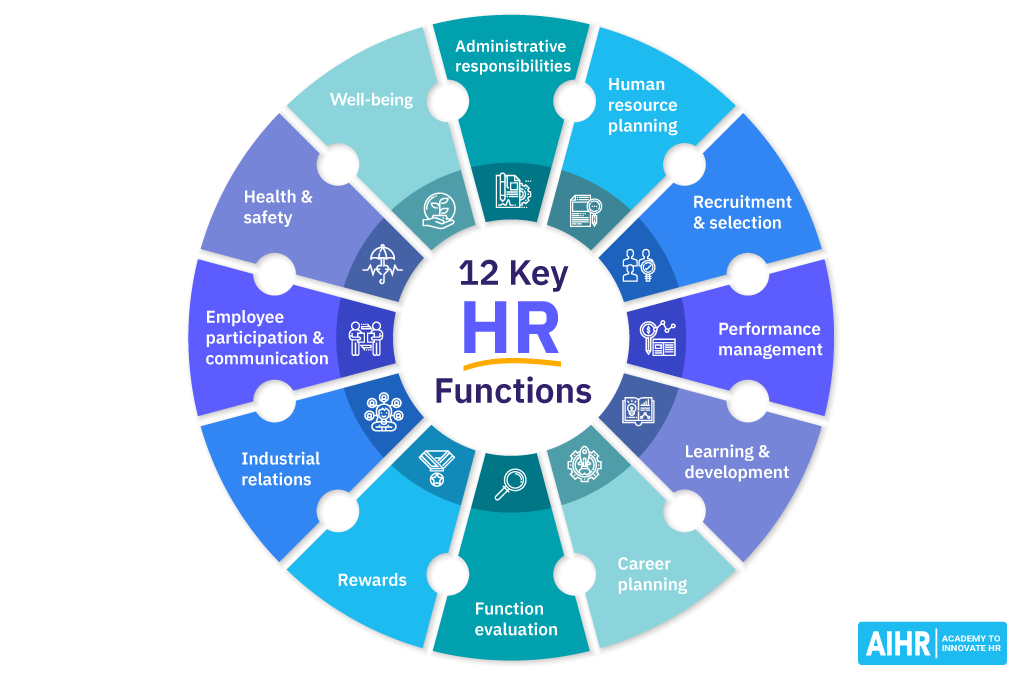




![[Updated 2024] – Passport Application FOR CHILDREN ONLY(PERSONS UNDER 18 YEARS)](https://www.blog.nestict.com/wp-content/uploads/2023/09/keppp-240x172.png)
![[Updated 2024] -Passport Application FOR ADULTS ONLY-PERSONS OVER 18 YEARS](https://www.blog.nestict.com/wp-content/uploads/2023/09/EAF-Passport-e1631045054464-400x800-1-240x172.jpg)


